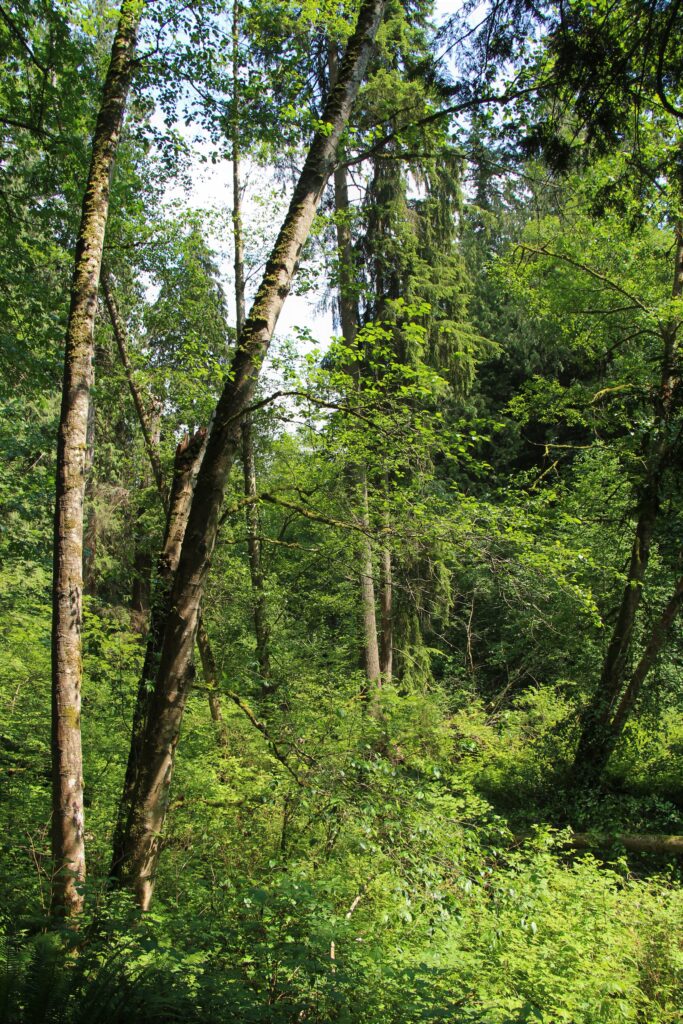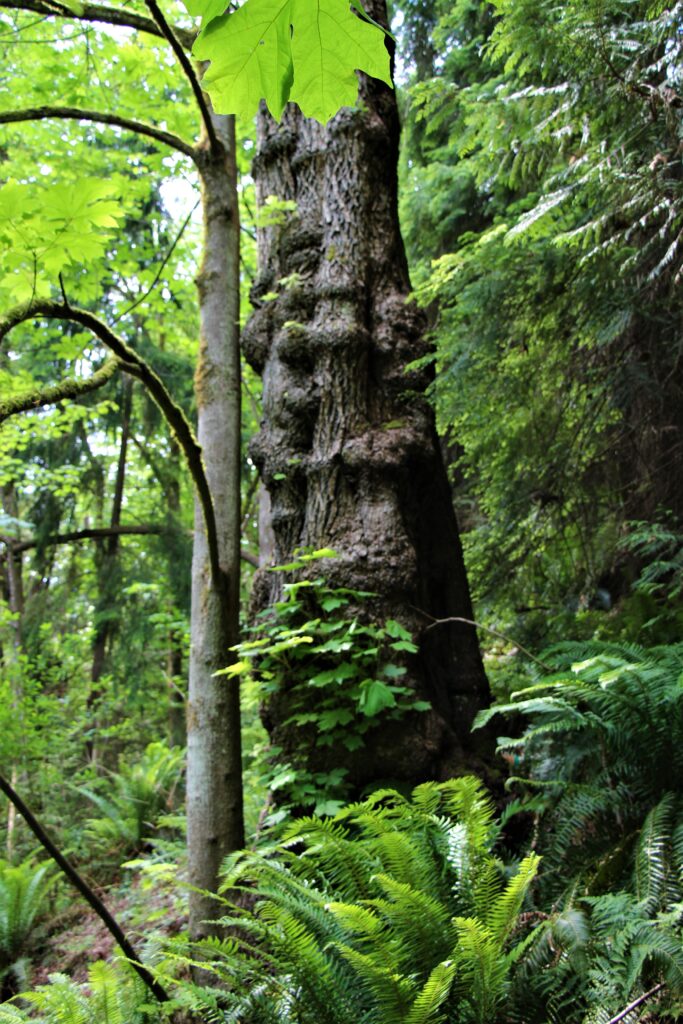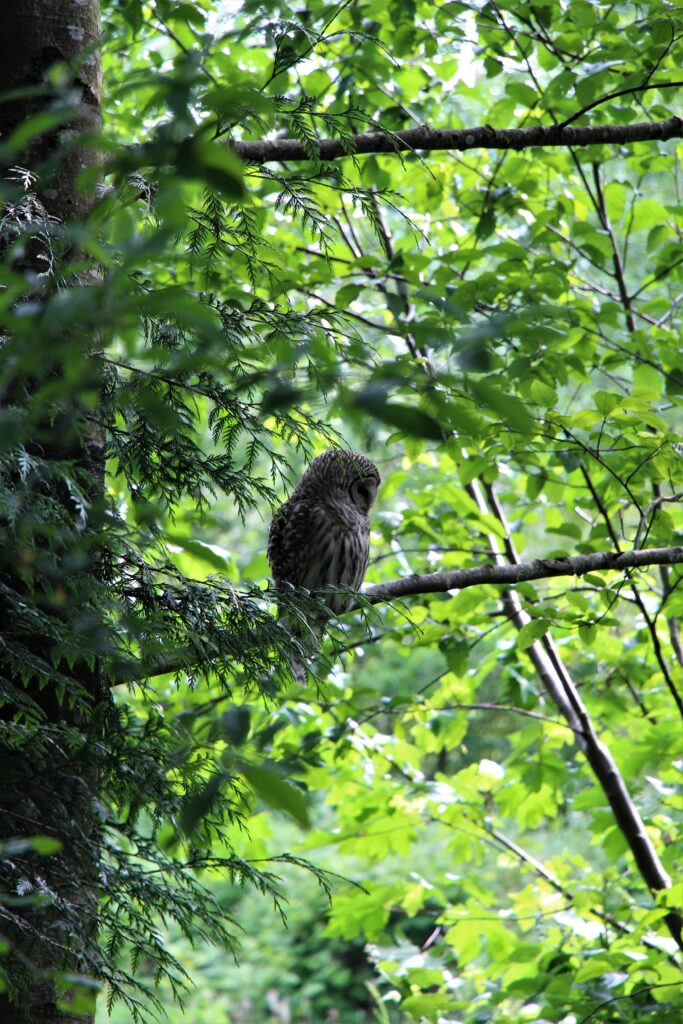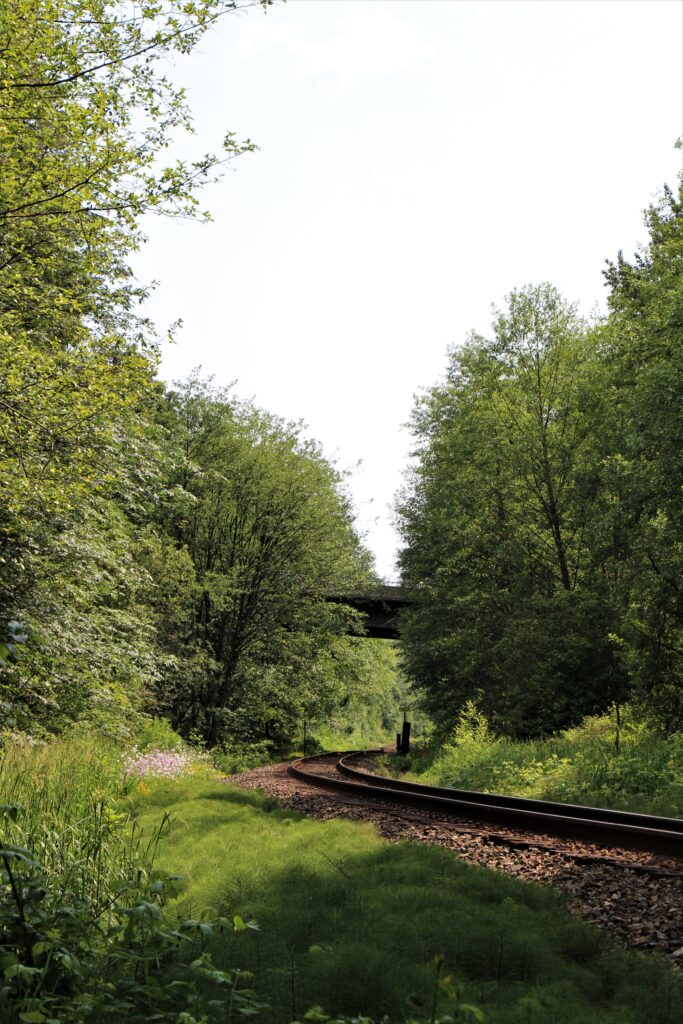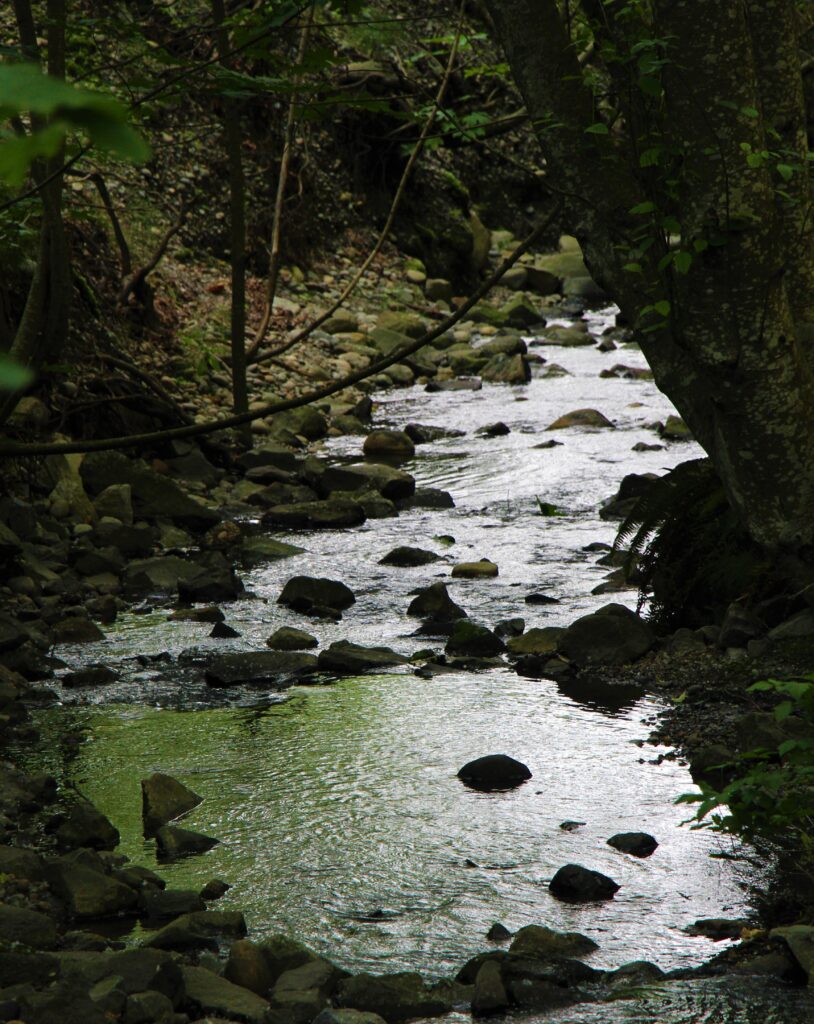Wild Spaces is an interdisciplinary team of students, staff and faculty.
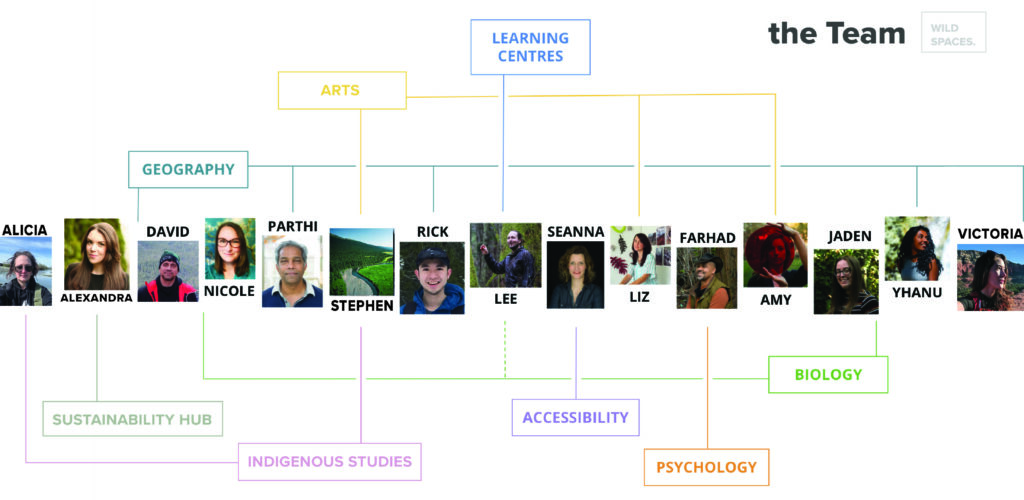
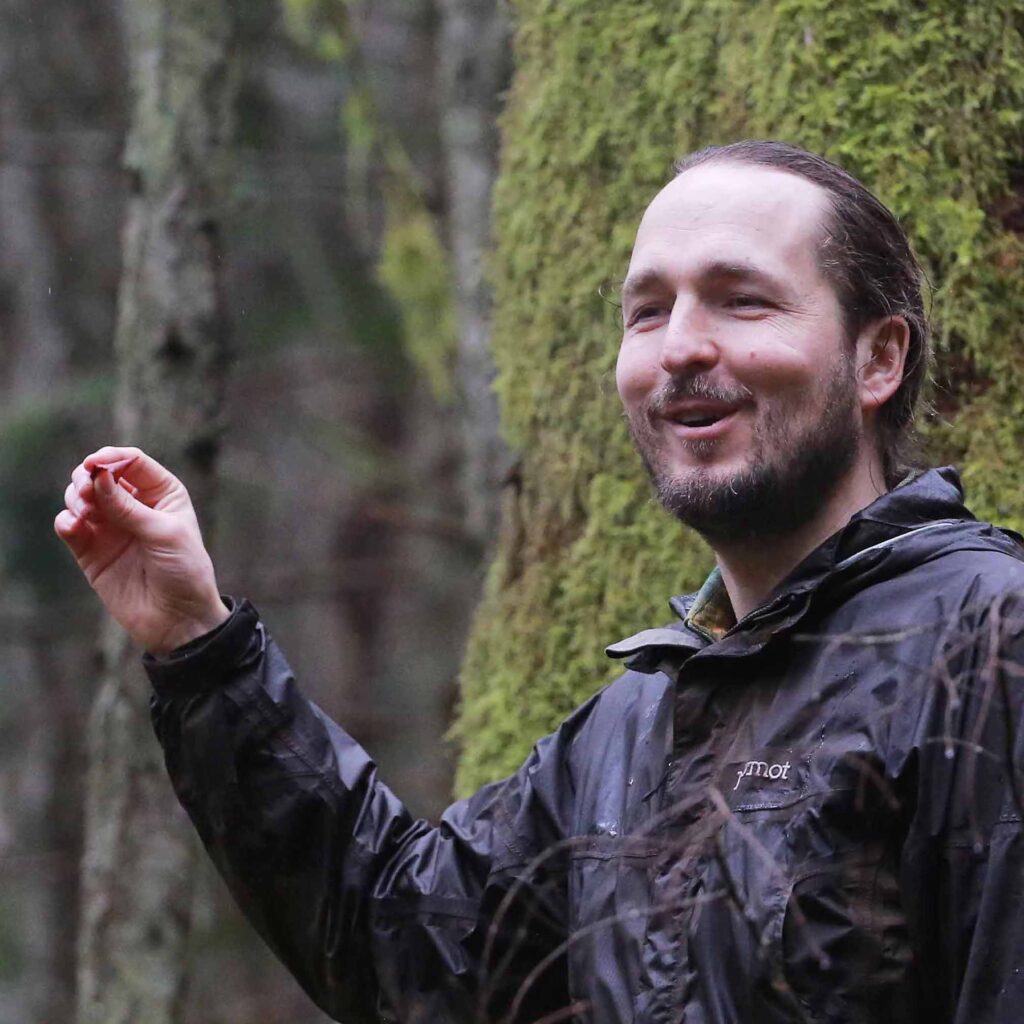
Lee Beavington, PhD
An interdisciplinary instructor and learning strategist at KPU, Lee also serves on the Climate+ Challenge instructor team. With nature as a co-teacher, his place-based learning practice benefits not only our physical, mental and emotional selves, but invites the voices of the more-than-human community.
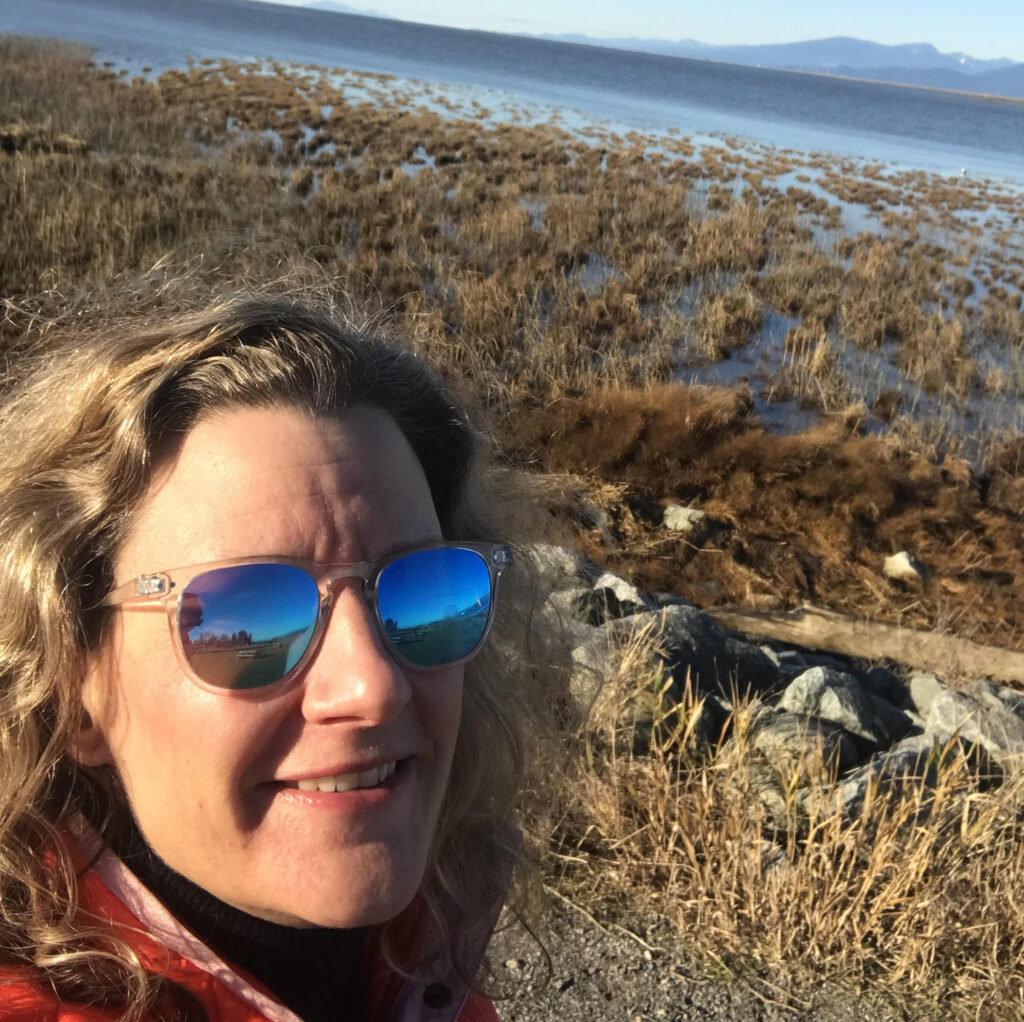
Seanna Takacs, PhD
In Accessibility Services we are always wrestling with concepts of disability, access, and design. Outdoor, place-based learning gives us the chance to rethink those concepts and witness a marvelous reframing and reshaping. Seanna was drawn to KPU Wild Spaces because teaching and learning in natural spaces offers us a way of thinking about ourselves, our worlds, and of course, notions of access differently.
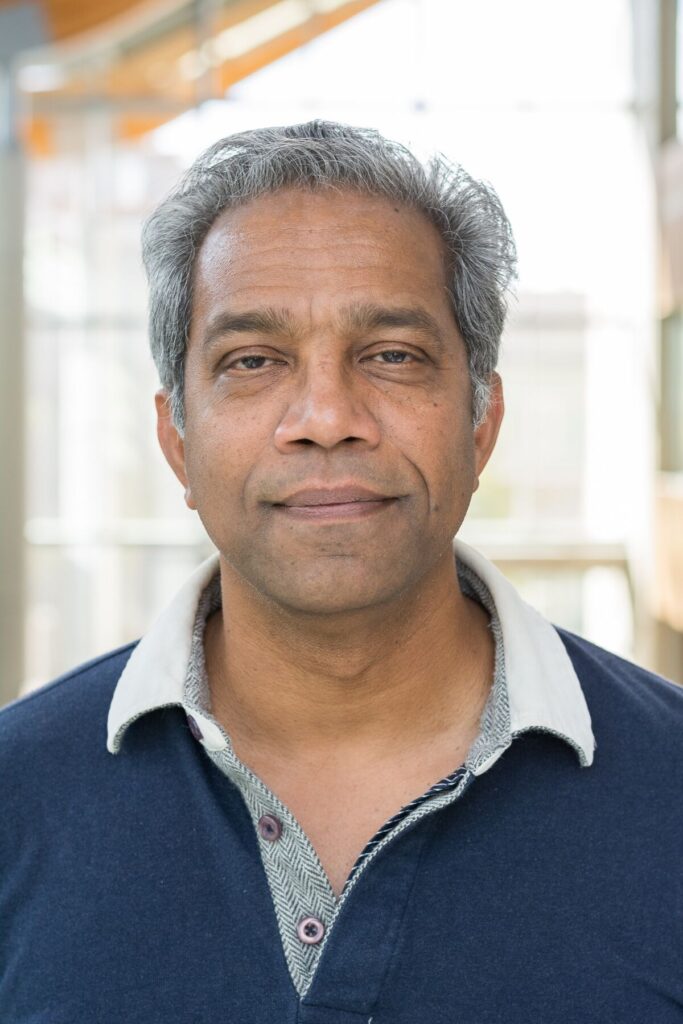
Parthiphan Krishnan, PhD
As an instructor in Geography and the Environment, the opportunity and ability to engage in experiential research that is set in the everyday “Wild Spaces” that surrounds us adds the ‘extra’ into what most of us consider the ordinary. It reconnects us with the natural environment, creating a sense of wonder and awe that inspires curiosity. It becomes the ‘first school.’
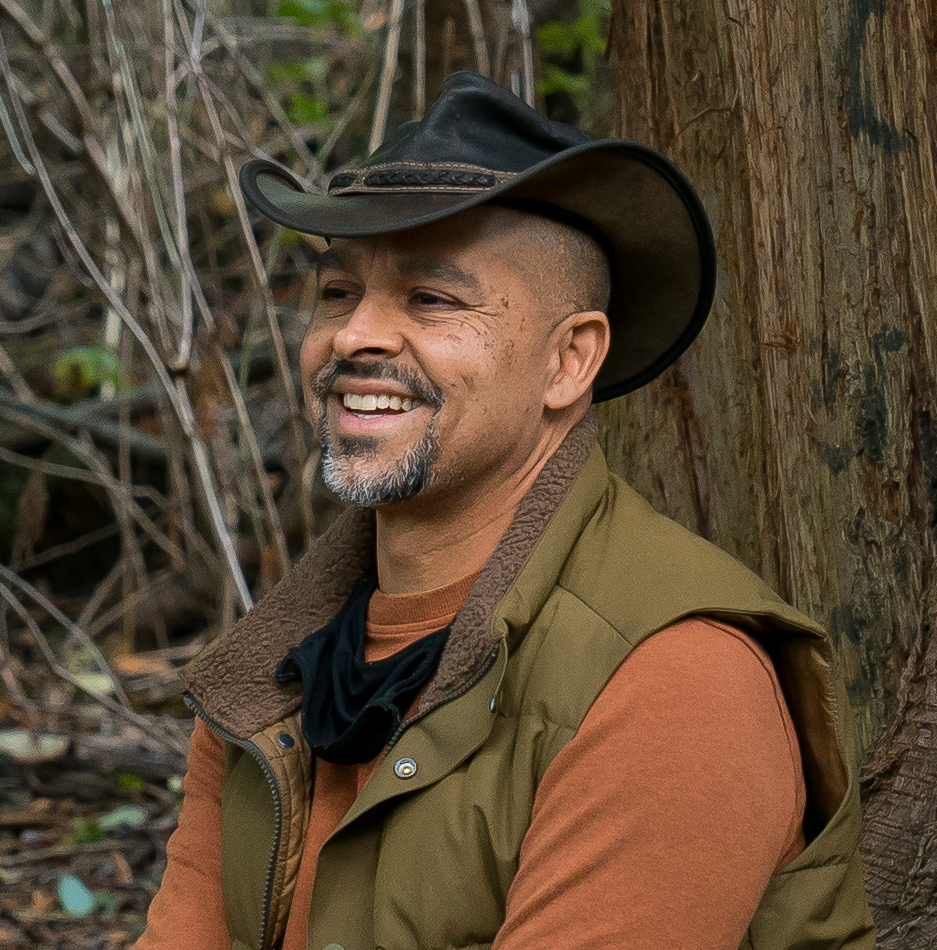
Farhad Dastur, PhD
Farhad is a psychology instructor and enjoys working with creative people who value natural places as teaching and learning spaces. Outdoor, place-based learning is most effective in my teaching practice when students see class concepts clearly manifested in nature. It is also important to go beyond the artificial and safe environment of the classroom and into the complex, messy, and dynamic world of nature.

Nicole Tunbridge, M.Sc.
As faculty and the co-chair of biology, Nicole’s interest in place-based learning began when she took her first ecology course early in her undergraduate program. This course was the first time she went outside the classroom to learn. These experiences had a transformative effect on her own learning and sparked a lifelong curiosity about the natural world that has been a driving force in her career as an ecologist and educator.
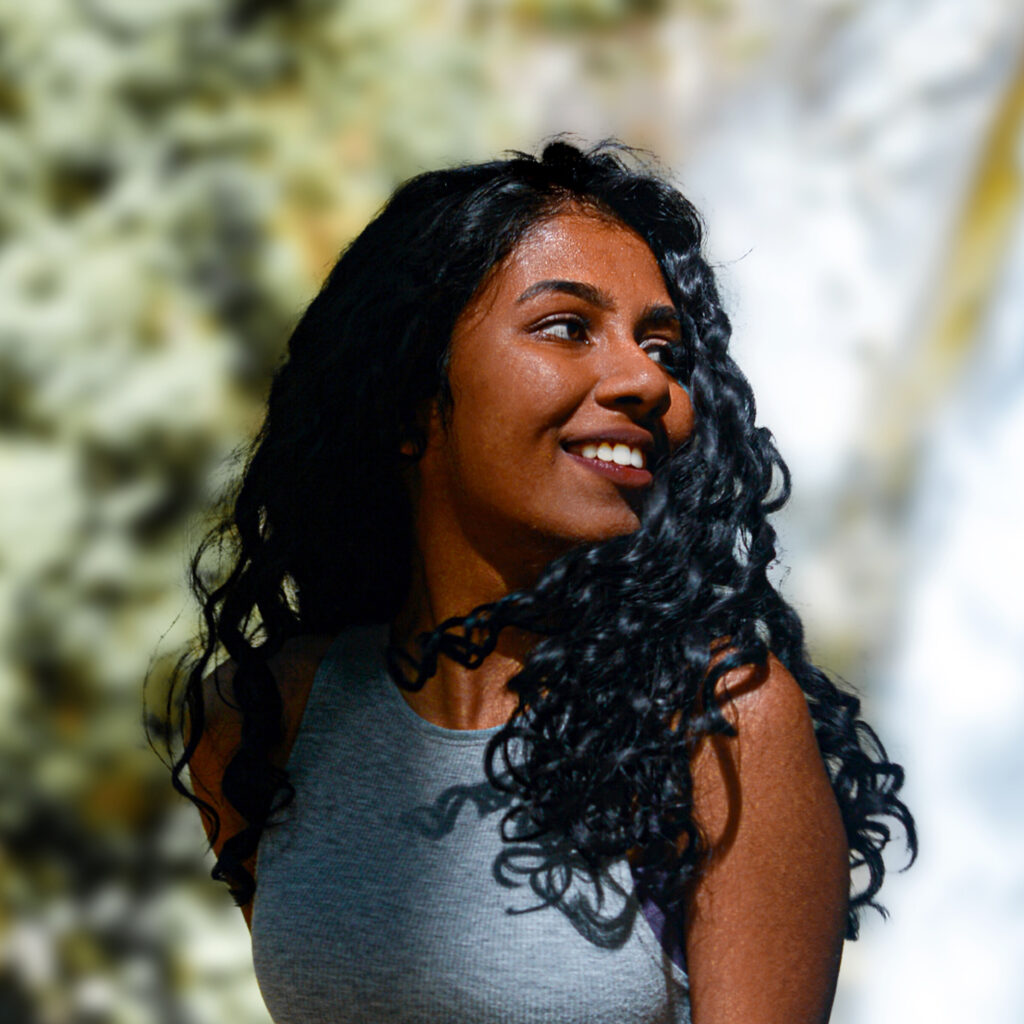
Yhanu Sivapalan
A student in Geography and the Environment and also Policy Studies, Yhanu has found taking learning outdoors to be increasingly relevant for her academic career. The benefits are transformative in nature—both mentally and physically. Understanding that KPU Wild Spaces’ mission is to work towards diversifying outdoor learning drew her in immediately.
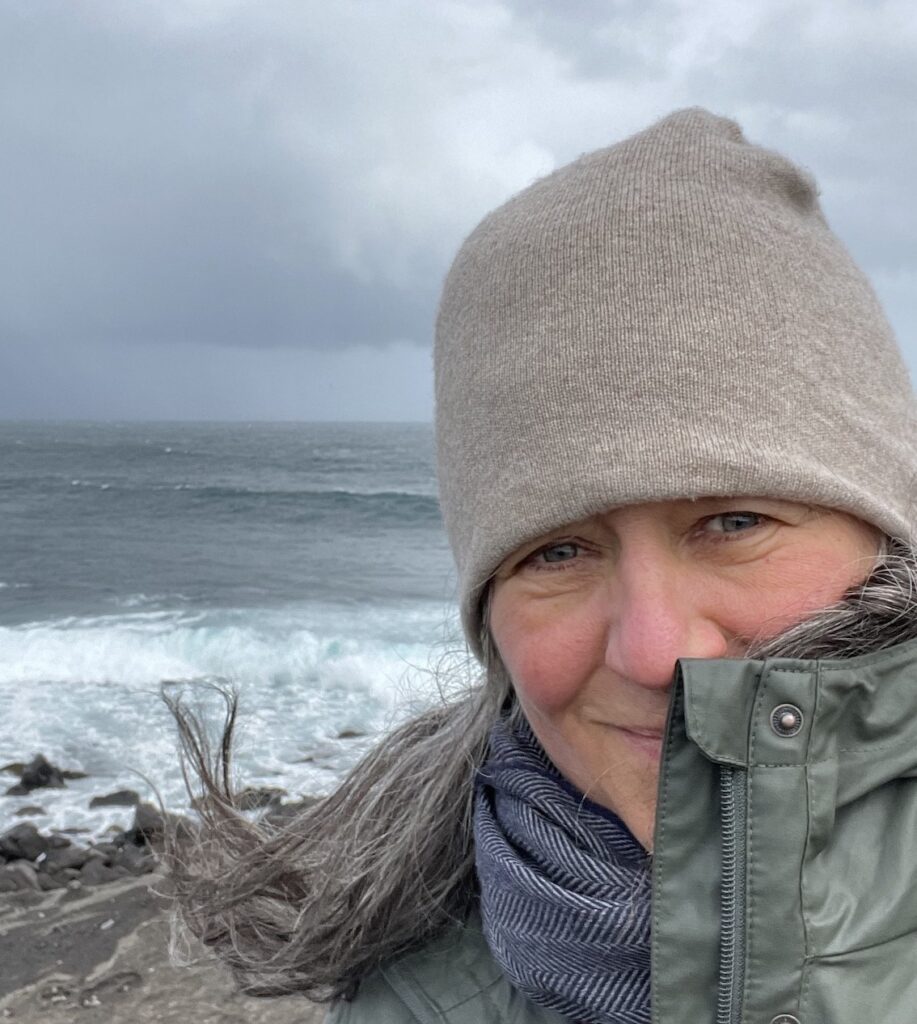
Sue Fairburn
Sue is a Design Educator and Researcher who works between the body and community, and with environmental extremes. She uses place-based learning and embodied design methods to engage through curiosity and attention, to connect to the living world, and to exchange knowledge – with a goal to feed our creativity, resilience and conceptual shifts in how we live within planetary boundaries.
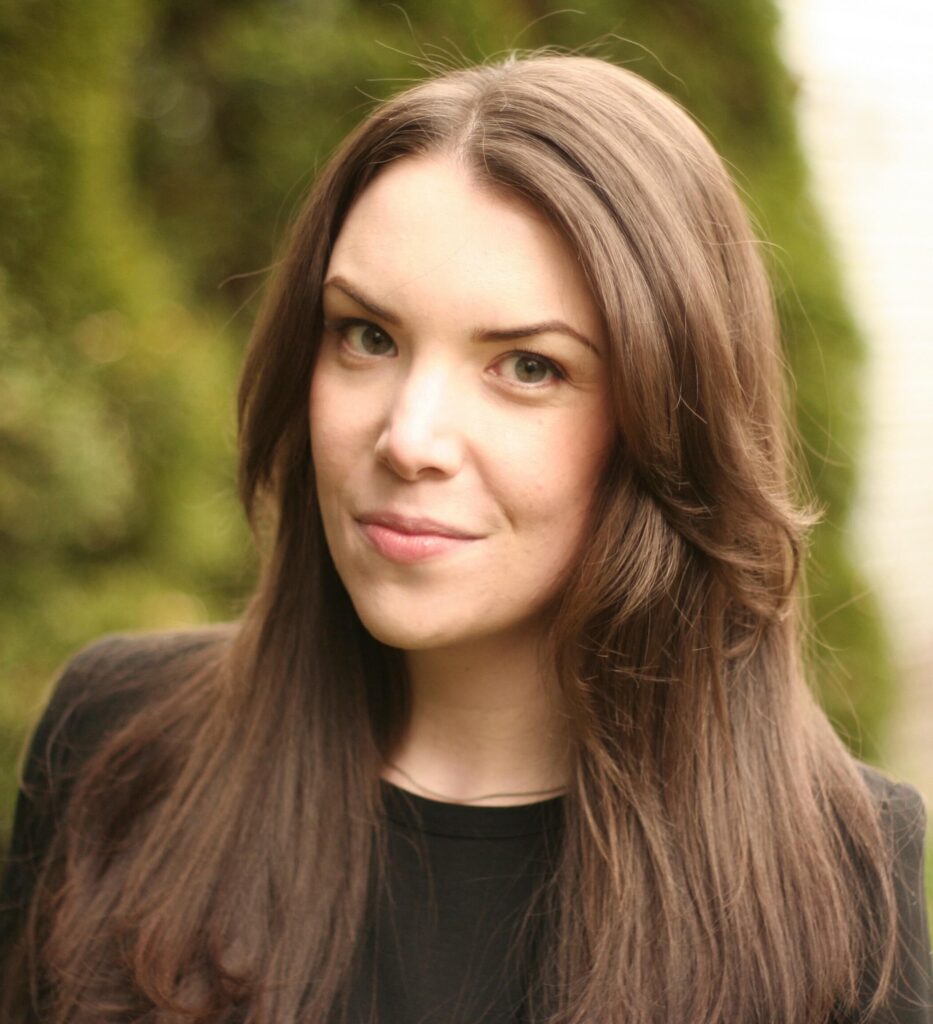
Alexandra Taylor
Sustainability Specialist and KPU alumni. Alexandra works in the Office of Sustainability, working to connect, coordinate, communicate, support, and foster collaboration to advance sustainability at KPU. She is grateful to Wild Spaces for introducing her to the beauty living just outside the campus walls.
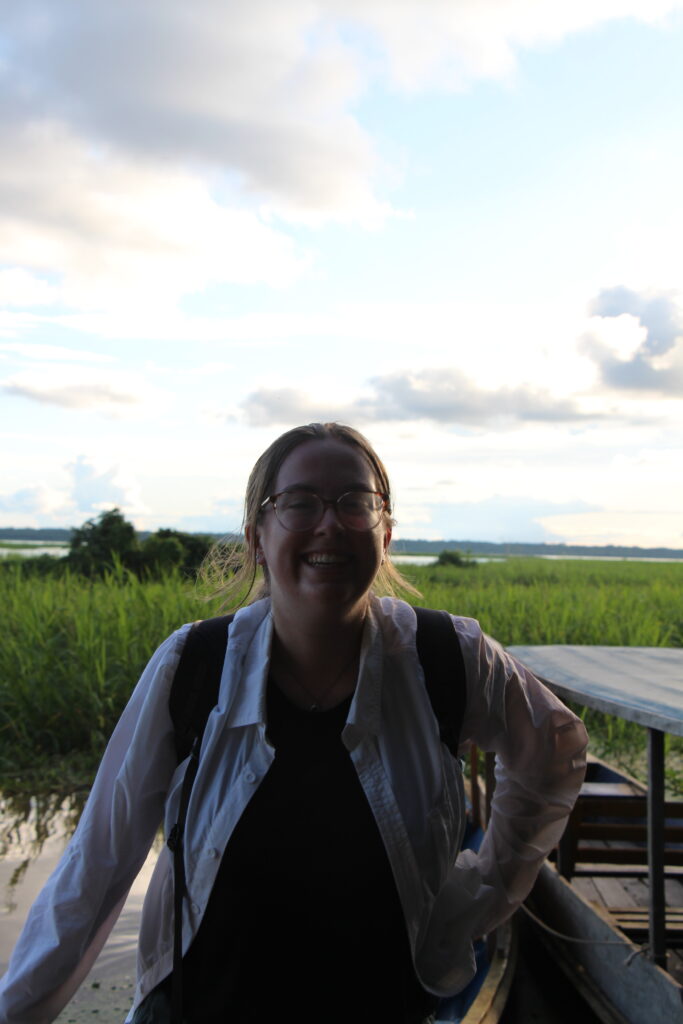
Jaden Lewis
A biology lab technician, Jaden was drawn to KPU Wild Spaces due to wanting to have a better understanding of the natural spaces at KPU Surrey and nearby. Biology students spend a lot of time indoors in labs and classrooms. The ability to produce more outdoor learning opportunities for biology courses would bring important experiences to this degree.
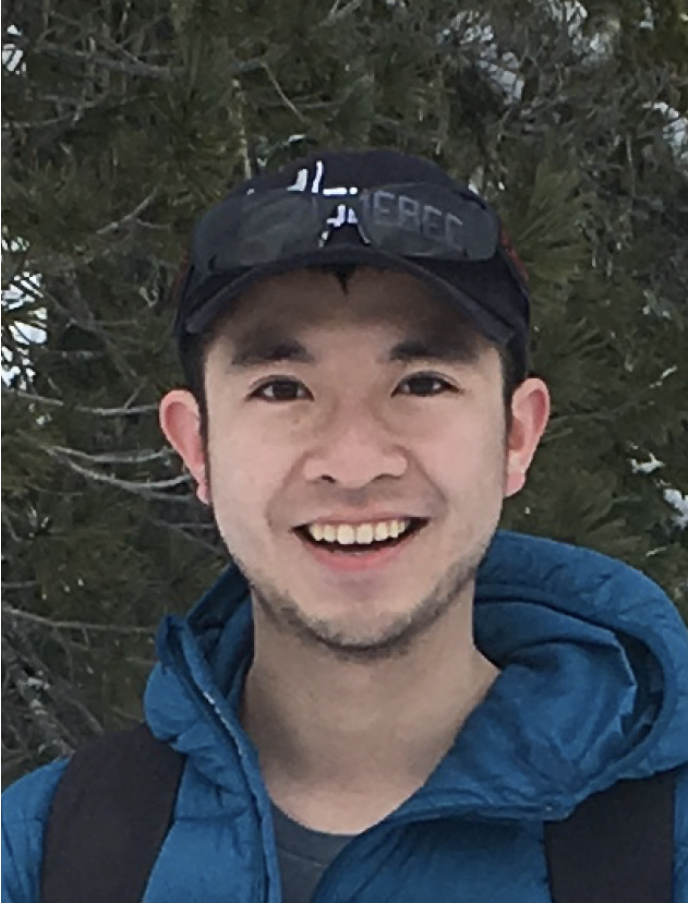
(Rick) Shi Feng
Alumni of KPU geography. Rick believes in using sociocultural communication skills to bring out the nature within people. To inspire people to do good and be good. On-site outdoor education is very applicable in education that subconsciously affect people to act in ways less harmful to our environment.

Liz Toohey-Wiese
Instructor of Fine Arts at KPU. As a landscape artist, Liz is always trying to consider her own relationship to place. Learning more about outdoor education through KPU Wild Spaces is helping her figure out more ways to get students outside. Her hope is that they gain a deeper connection to the non-human world around them.

David Sadoway, PhD
Faculty-Instructor in Geography and the Environment and Policy Studies. He served as a Research Fellow at Nanyang Technological University (Singapore) where he studied neighbourhood soundscapes and noise pollution. A current research interest involves how planners can advance (or undermine) socio-economic and environmental justice and human rights. He is interested in how we can learn from and with nature and this includes wild spaces and place in our pedagogical praxis.
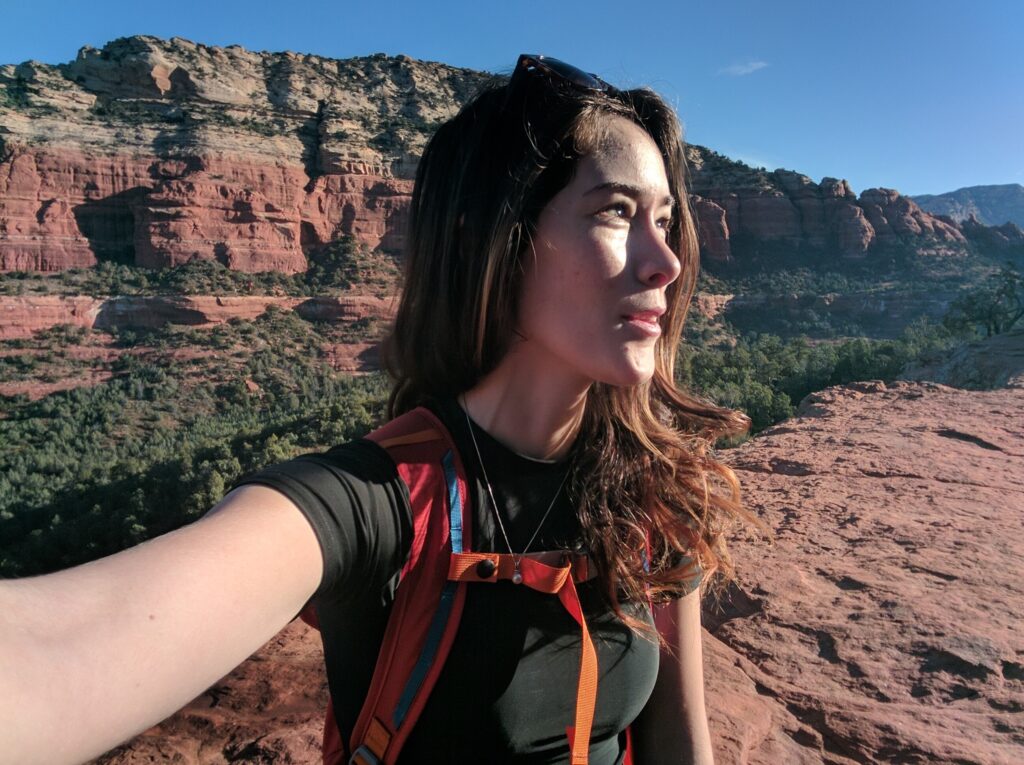
Victoria Tubrett
As the Lab Instructor with Geography and the Environment Victoria helps students connect course concepts to the physical environment around us. Learning while surrounded by the beauty of our complex natural environments allows for deeper learning and evokes empowerment and excitement in students. Wild Spaces is an opportunity to contribute to place-based learning options for students and to add more place-based learning activities for Geog+Envr lab students.
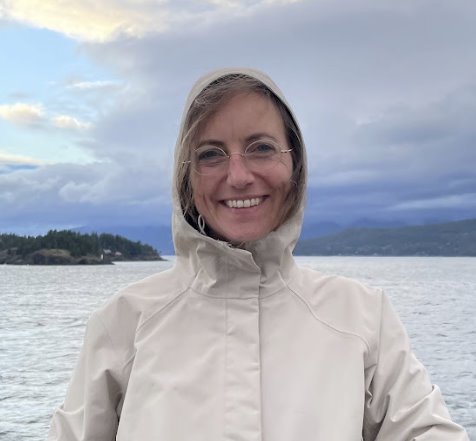
Amy Huestis
Instructor of Fine Arts, and lives on the stɑl̓əw̓ (Fraser) river estuary at Hwlhits’um (Canoe Pass), in the sacred and unceded water world of the Coast Salish Peoples, including the Hul’qumi’num Mustimuhw (Hul’qumi’num Treaty Group of seven Coast Salish Nations), scəw̓aθən, and xʷməθkʷəy̓əm. In her experiential art practice, she addresses ecological destruction and the importance of biodiversity.
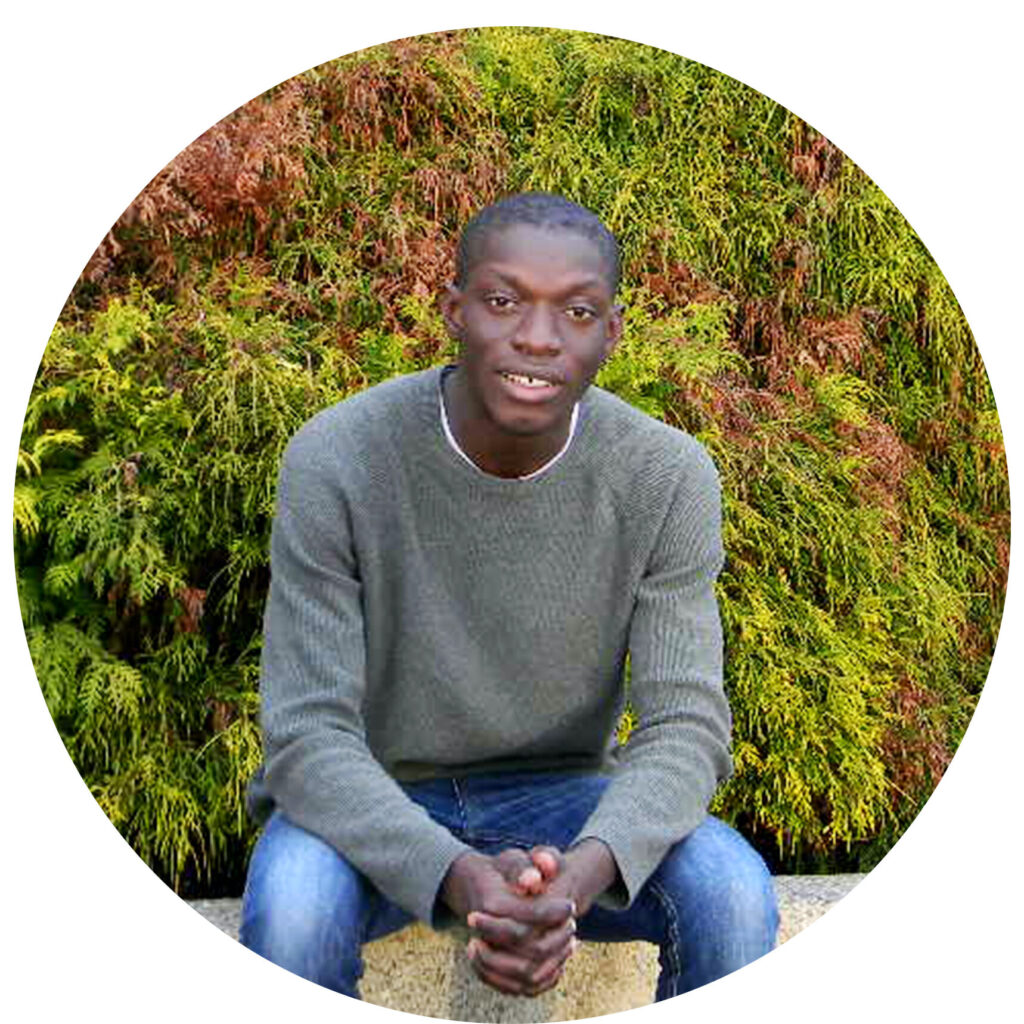
Seloame Alorvi
Selly is a plucky life long learner, trying to apply every sliver of knowledge every chance he gets. Currently pursuing a degree in Physics for Modern Technology at Kwantlen Polytechnic University, with hopes of branching into the field of Environmental Remediation.
xéʔelɬ KPU Pathway Indigenous Student Researchers:
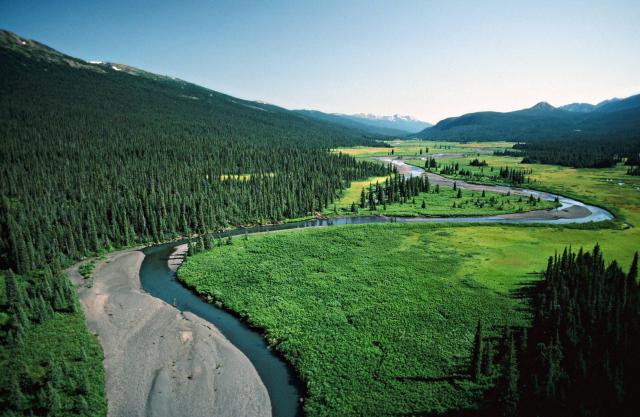
Stephen Alexander
A current English student focusing on post-colonial theory, Stephen has used post-colonial theory to help him better understand his position in reclaiming and understanding his Indigenous culture. Stephen aims to use his academic knowledge in real-world applications and, as an Indigenous researcher for KPU Wild Spaces, help in the ongoing process of decolonization.
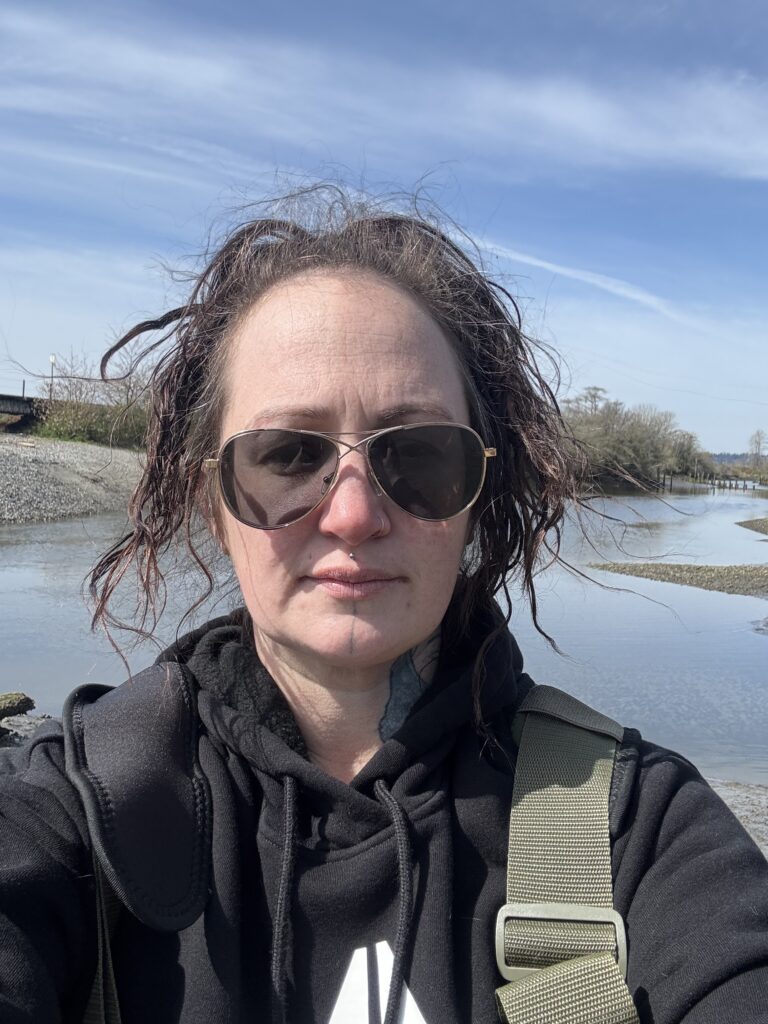
Alicia Chappell
Bio to come.
Arts 4800 Practicum Students hosted by KPU Wild Spaces:
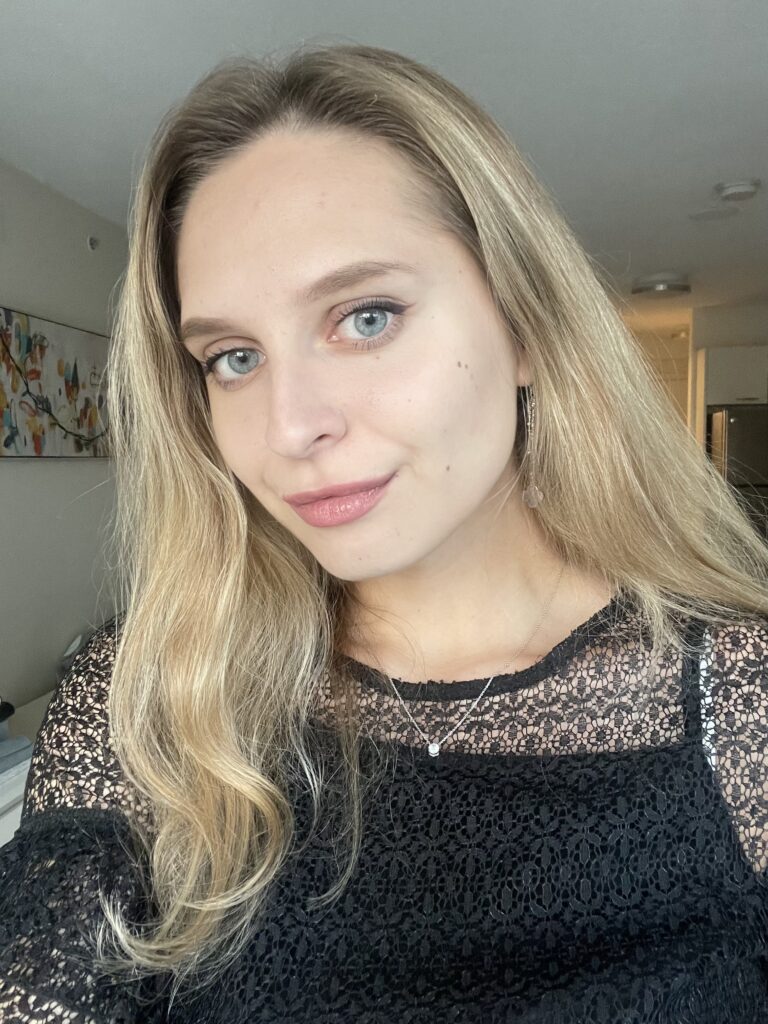
Iuliia Astashova
Iuliia is a current geography student with a background in political science. She is an Arts 4800 practicum student assigned to KPU Wild Spaces, a role she views as an excellent opportunity to apply her classroom knowledge to real-world settings. Iuliia is passionate about studying and protecting the environment to address ecological issues and aspires to see society develop symbiotic relationships with nature in the future.
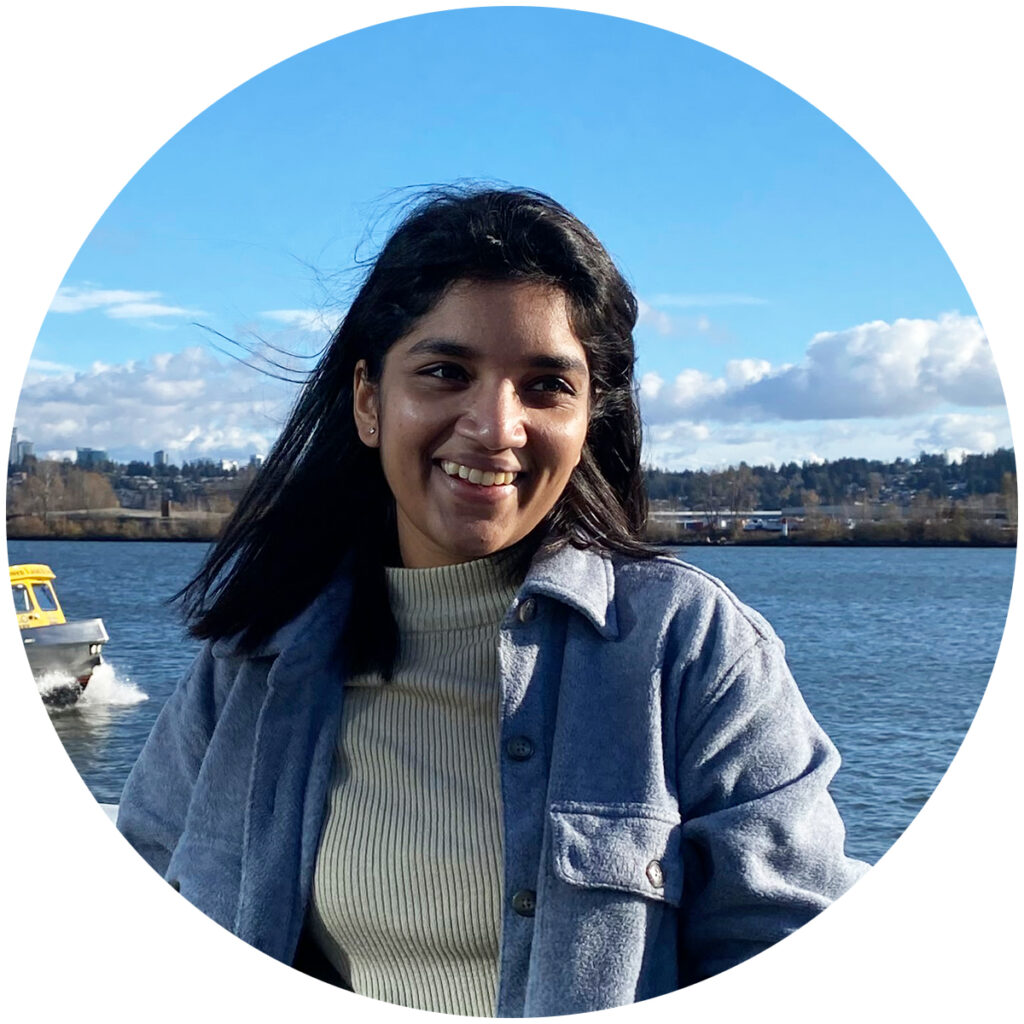
Ahanya Tonse
Ahanya is majoring in Journalism and is also an Arts Practicum student at KPU Wild Spaces. As someone who believes in learning and working in nature, she was fascinated by KPU Wild Spaces. As a Journalism student, she spends most of her time outside in nature, interviewing people, which is also where she gets interesting story ideas from.
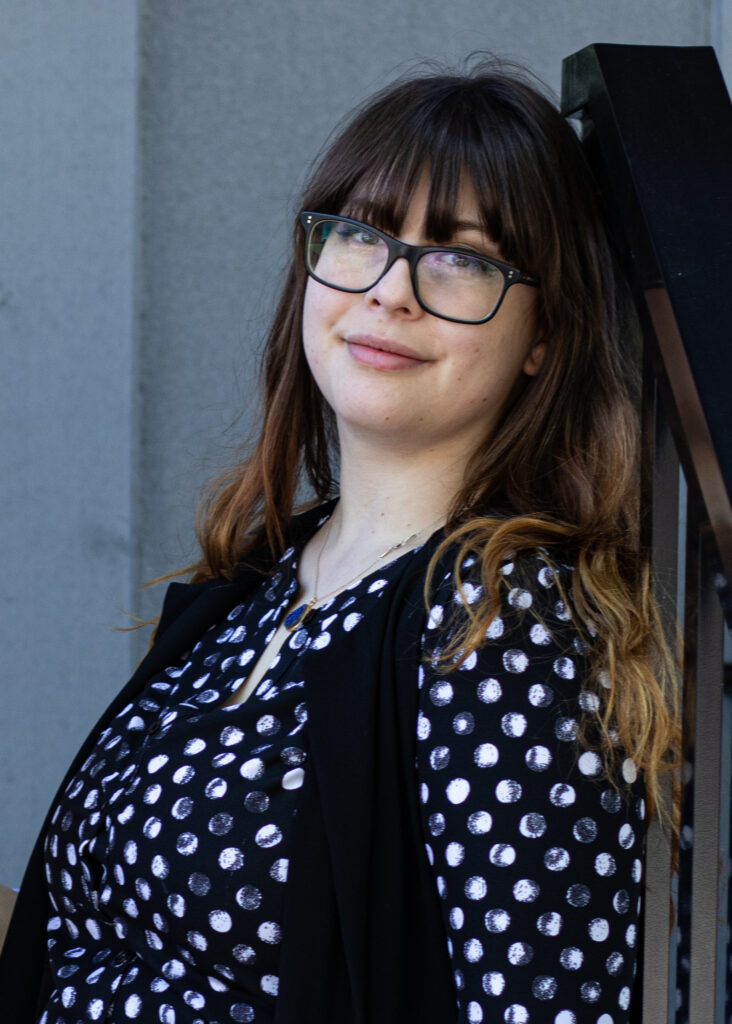
Lisa Hedmark
Student in Journalism and Fine Arts. Something that drew Lisa to KPU Wild Spaces is the chance to take her learning and work experience outdoors. We are so fortunate to live in this part of the world and it’s important for her to bring attention to the climate disasters. As a journalist, when people are comfortable in their natural environment, they are more willing to open and share what can sometimes be a challenging story.
